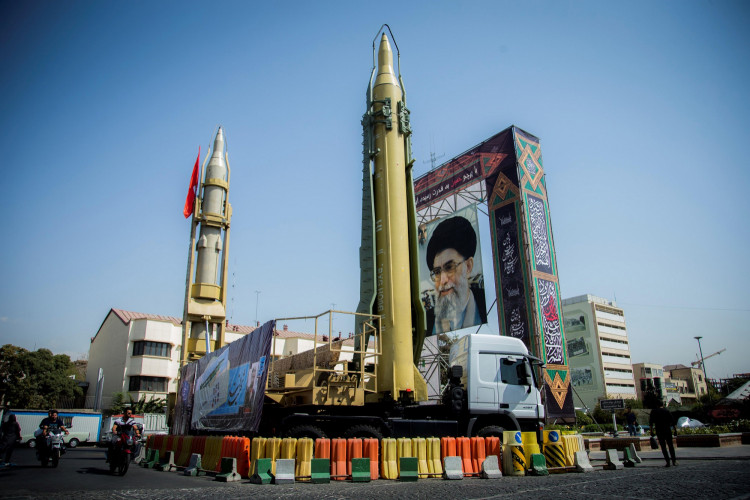An international treaty to ban the use and manufacturing of nuclear weapons has finally been ratified by 50 UN-member countries and set to take effect Jan. 22. The UN said it is moving ahead with the treaty even without the signatures of the five original nuclear powers - Russia, the UK, China, France and the U.S.
Honduras was the last country to ratify the treaty, effectively pushing its entry into force after 90 days. UN secretary-general Antonio Guterres said in a statement that the achievement was the culmination of a worldwide movement to rid the planet of nuclear weapons.
"It represents a meaningful commitment toward the total elimination of nuclear weapons, which remains the highest disarmament priority of the United Nations," Guterres said.
World organizations praised the ratification of the treaty. The International Campaign to Abolish Nuclear Weapons said the treaty will "make history." The International Committee of the Red Cross said in a statement it was a "victory for humanity" and will ensure a "safer future" for the next generation.
The treaty got a huge boost during the recently held 75th anniversary of the nuclear attacks on Hiroshima and Nagasaki this year. Many countries agreed to ratify the treaty there - including Ireland, Malaysia and Nigeria.
The U.S. argued against the treaty saying it was a "strategic error." In a letter sent to the original nuclear powers, the U.S. said the implementation of international law will have dire "repercussions."
Under the current Nuclear Nonproliferation Treaty, which has been in effect for more than half a century, only the original five nuclear powers will be allowed to stock nuclear weapons. However, the five powers had agreed under the NPT to gradually disarm if all nonnuclear signatories agreed to halt their pursuit of nuclear weapons. The original nuclear powers argue that the nuclear weapons they are keeping serve as a deterrent to prevent others from manufacturing or stocking weapons.





